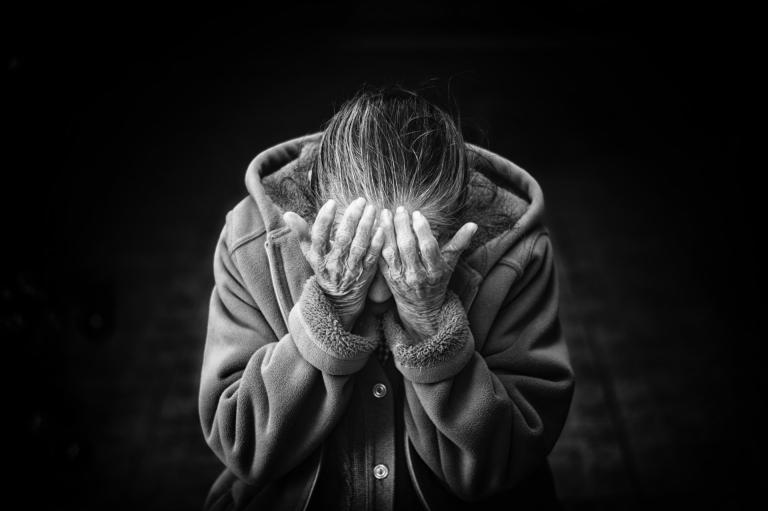Generationally, we went from stuffing, denying, medicating, and surrendering to our grief to analyzing it.
That wasn’t a bad thing. It was progress. And, famously, Elizabeth Kubler-Ross declared grief a process. That was a helpful, groundbreaking move, even though, as it turns out, she was wrong.
The denial, depression, anger, dialogue, acceptance, and return to meaningful life that she described are undoubtedly elements of what we experience. But we don’t experience them in any predictable order. Some of them are moments that endure longer than others; and we sometimes revisit some of the encounters that we have along the way. In still other places we get stuck.
The way we experience our grief depends upon personality, body chemistry, the nature of the loss we experience, and, more importantly, the deeper significance of the losses we suffer. We may deny our losses longer than others. We may skip depression and go straight to anger. We may revisit earlier dimensions of our grief experience. But there is nothing necessarily predictable or linear about the journey.
The popular language about “getting closure” can also be deceptive — and, in some senses, potentially more harmful. What would it mean to get over the loss of a parent who raised you, a spouse you loved, or a job that was life-shaping?
Our encounters with grief are not a process — they are an unpredictable journey. And although we may journey to new places in relationship with our grief, some losses so completely change our lives that the notion of “closure” is a cruel taunt.
This is also where spiritual answers prove to be so very important. Process and closure are the language of therapy — and while it is valuable, therapeutic language is profoundly limited. It’s focus lies on what we can do and how we can respond. It is particular. It is temporal and it is focused on cure and coping.
It is only God who can speak to the issue of healing and only God who can address some of life’s greatest losses. Healing is comprehensive and enduring. It starts now, but it also awaits God’s eternal care.
Getting any kind of final grip on grief requires a relationship with God.












